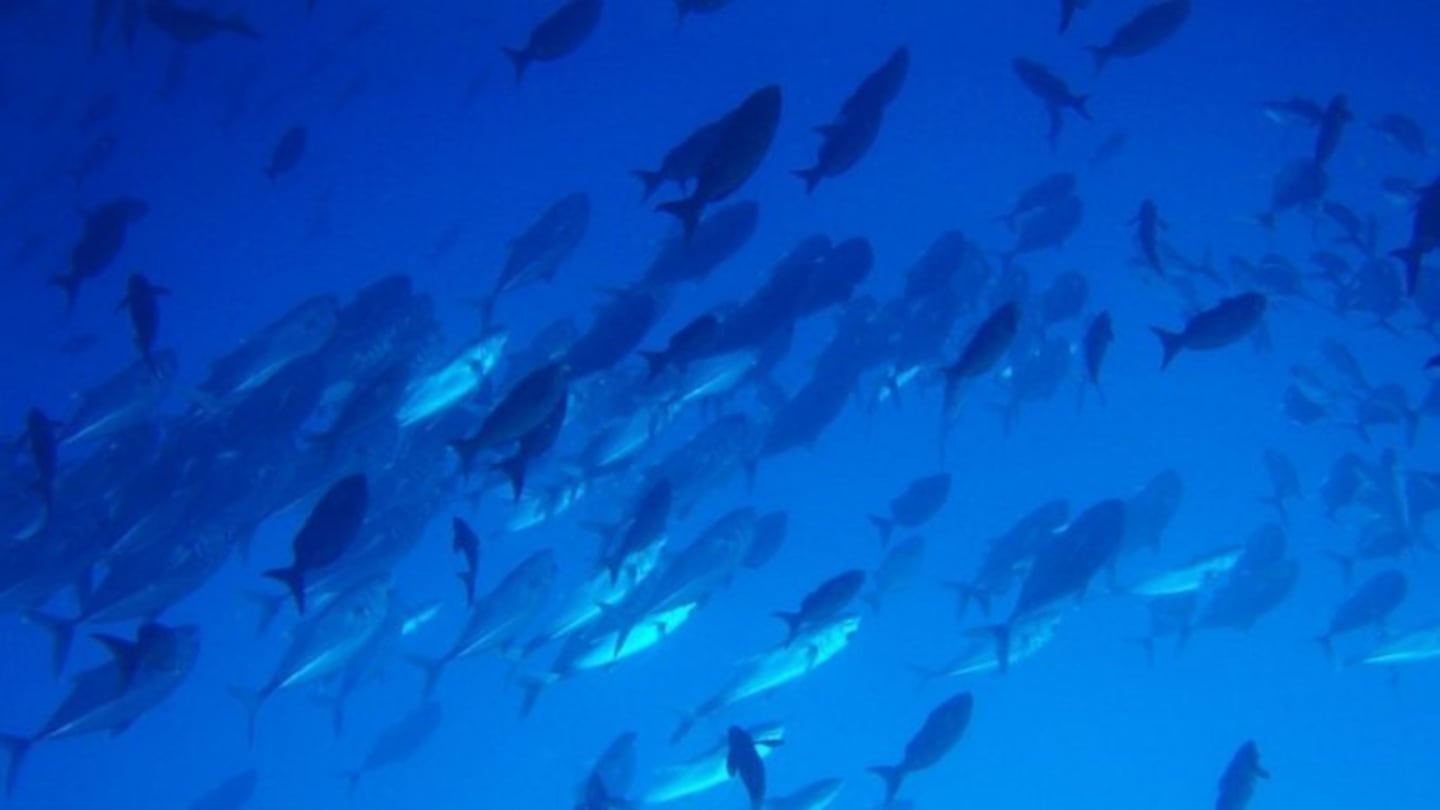Te Ohu Kaimoana has announced that this year's Māori Fisheries Conference will take place on Wednesday 27 March 2019, at the Novotel Hotel Auckland International Airport.
The Māori Fisheries Conference is launching into its eighth consecutive year and has become the pre-eminent hui in fisheries for Iwi and Māori fishing interests.
The theme for the 2019 conference is ‘Te hā o Tangaroa kia ora ai tāua’ - the breath of Tangaroa sustains us.
In a press release announcing the conference, Te Ohu Kaimoana states:
"This theme speaks to the interconnectedness of humanity with the environment and underpins Te Ohu Kaimoana’s purpose, the decisions we make and advice we give as an organisation dedicated to protecting Maori fishing rights. It recognises that Iwi Māori have the obligation and responsibility to tiaki Tangaroa, so that Tangaroa may continue to care and provide for Iwi."
The conference will explore various aspects relating to humanity’s relationship with Tangaroa – from traditional Māori food gathering, the effects of eco-colonialism on Māori world views, to examining how businesses are acting in a way that is culturally and commercially tika.
This year’s conference will also provide Iwi with a discussion on Australian indigenous perspectives of fisheries.
Speakers at this year’s conference include sustainability and indigenous rights advocate Tina Ngāta, Minister of Fisheries Hon Stuart Nash, 2018 Māori Business Leader of the Year and Chief Executive of Kono NZ Rachel Taulelei, Author and Professor Dr Chellie Spiller, representatives from Australia's Fisheries Research and Development Corporation (FRDC) Indigenous Reference Group (IRG), Te Whānau-ā-Apanui kaumātua Danny Poihipi and Te Ohu Kaimoana Chairman Jamie Tuuta among many others.
For the full list of speakers, please visit the conference website.
About Te Ohu Kaimoana
Te Ohu Kaimoana was established through the Māori Fisheries Act 2004 and works to advance Māori interests in the marine environment, including customary fisheries, commercial fisheries and aquaculture as well as providing policy and fisheries management advice to iwi and the wider Māori community.

